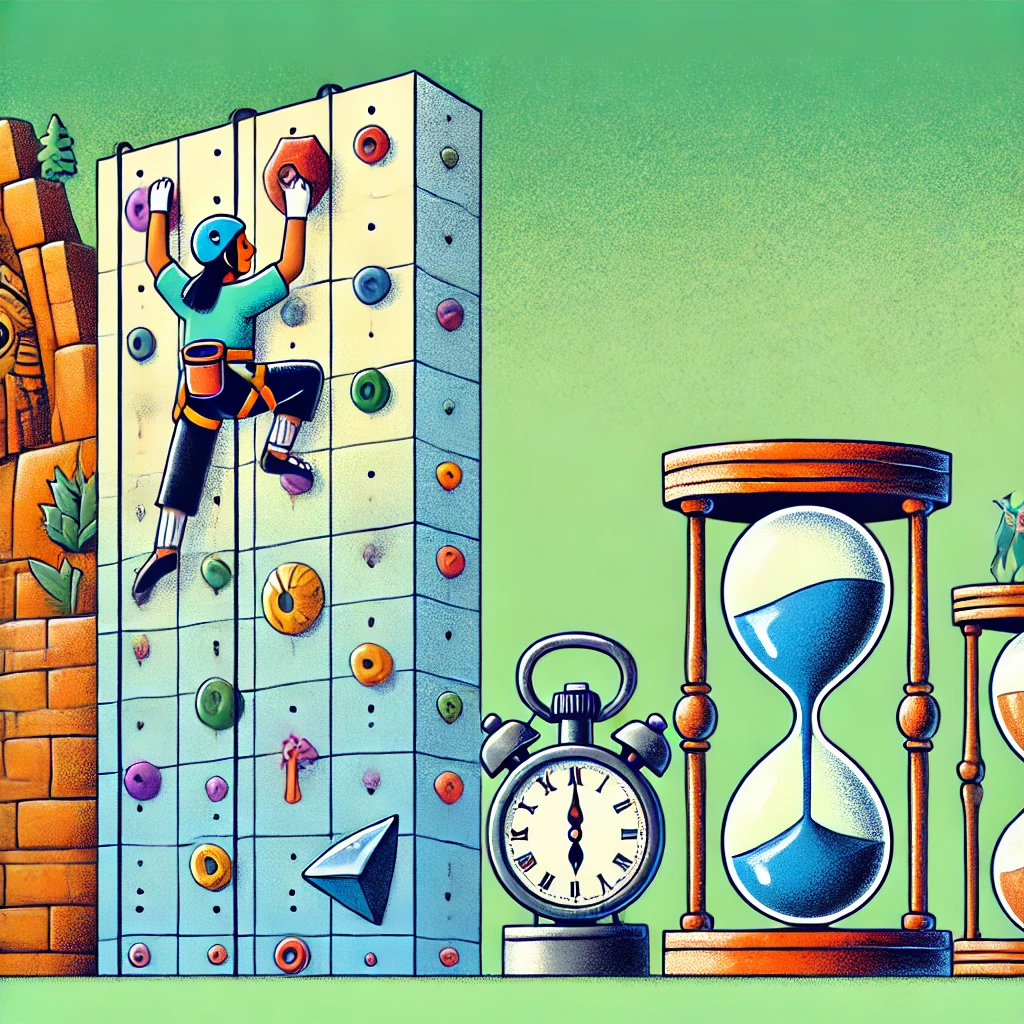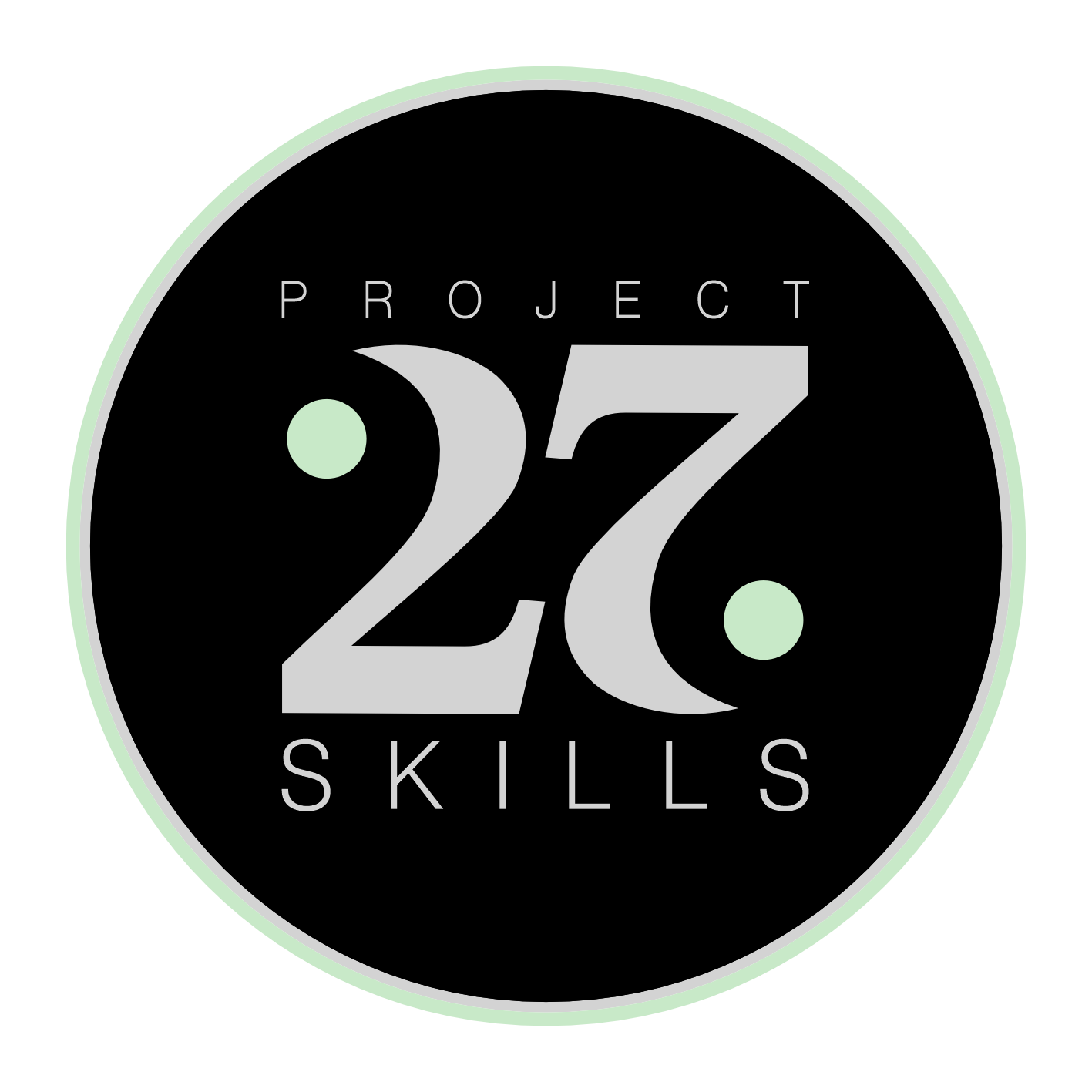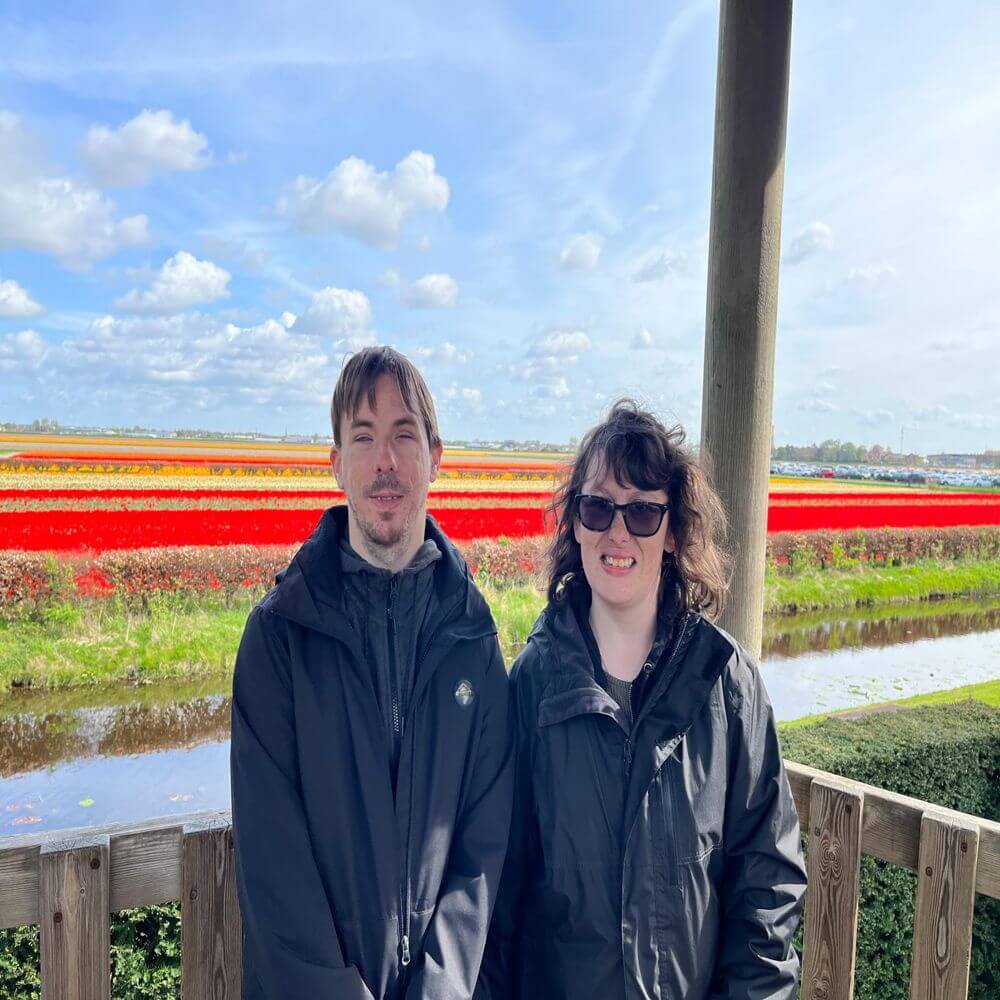Recently I Tweeted about my VICTA Driving Break trip to Thetford (England) saying something along the lines of “Difficult to sum up this fantastic weekend in 280 characters…”. It was one of those weekends you just have to experience, enjoy and appreciate without any sentimental overkill. But while jotting down a note to preserve a written format of the incredible memories, I thought I might as well provide some food for thought with regards to topics like fear, obstacle, disability, and a dozen other human virtues that were concentrated into a high density in a few days at the {Thorpe Woodlands adventure Centre](www.thorpewoodlands.co.uk/) – the place I once referred to as “the middle of nowhere, and edge of rational thinking”.

So what were we up to? Quick checklist
In fact, the four days of events would deserve four days of retelling and re-living, but let’s do some highlights in no particular order. Are you ready for a medium-sized reading, and some repetition to emphasise a few points? I primarily wrote this piece for myself as an opportunity to take my time and reflect on this weekend, but if you are used to my style of writing, you may even like what’s to follow.
The awesome team of VICTA brought together 16 blind and partially sighted adventurers, over 18 young adults to have some fun and do a weekend out in the wild. The primary attraction of this occasion was a driving experience. Off-road driving. You know, trees in a forest, hoops and bumps, some whoops and screams. A Land Rover Discovery 300TDI, the blind chauffeurs and… alright: We did let a sighted instructor sit in, just so that we can scare somebody by the scene of zooming between two trees, 3 inches both side at 20 miles a hour and a considerable tilt stretch of the path.
The low-rope course challenge was a great icebreaker. What's better than getting to know new people while you are balancing on a wire to walk from one trunk to the other, and your future room mates in the queue hold the rope tight above your head to give you some stable point? Mind you, they are just as blind as you are, and "wait, what did she say her name was…?".
The camp fire and the inevitable toasted marshmallows are a good baseline to say hi properly in off-Tarzan mode.
Off-road driving was just the warm up. Why not to climb a wall or two? Whilst you are up 10-20 meters high, you might as well just dive into… well… you know, just air and gravity. Or if you are bored of vertical free-fall experiences, zip up your mouth against screams and zip down the sloped wire, hoping you are really not going to crash into a tree at speeds considerably higher than the normal walking pace you are used to when waving your white cane.
Canoeing, cycling, and post-dinner quizzes were a good laugh too; exercising your balance, limbs, and brain muscles.
## Not magic, just a different perspective
So how do you do all this? Sure, it's tricky at first to drive through the forest, or jump from the edge of a cliff, but try it with your eyes closed… Thinking about this after all, there is a lot more serious stuff going on than what you would first think. Trust, and team work on the first place, you know, in XXL portions. I can't really describe the feeling when your brain tells you very strongly "Mate, not a good idea, don't do this. We don't want to jump… no, no, where exactly do you want to land, what is waiting for you down there… it does sound very high… Think about it and…" – too late,. You decided to jump. You let it go, enjoy falling, thinking you might or might not end on your feet. But of course there is someone waiting for you, making sure you land as planned.
I've never climbed up to now. It's a fun exercise, but what's more interesting is that while you don't really know how high you have climbed already, how much is left, how far and what direction the next stone is going to be (other than the helpful but fading voices); you just trust your team mates. Trust them and hope they hold the rope strong enough to catch your weight should your foot slip or bicep give up the fight. For regular climbers and automated systems this might be default, but there and then, I'm sure for most of us, we learnt to appreciate team work. I certainly did.
Speaking of team work: directions to be followed are becoming more serious commands than that of army generals. Be it a Land Rover or a tandem bicycle, when you drive without the luxury of sight, you don't think twice to follow instructions. I swear, reaction time shrinks in this dimension. You are in control of the steering wheel, the power and the break. Nasty slopes, trees all over (not surprising in the forest, is it?), and few lovely passengers at the backseat just to raise the stakes. Then what you feel is a huge amount of responsibility, with enhanced reflexes and focusing abilities as the cherry on top. When the instructor says "slightly left, now a hard right, hard, right right right… we just passed the tree by about 1 inch" on a side slope of angle ~30 degrees, you kind of really want to do what you are instructed to do so, with minimal error, maximum reduction of hesitation time. Of course, when you start the get the hang of it, the evil sits on your shoulder and whispers, "nah, everyone can do this at this speed, you can do it faster…" and you step on the gas, and absorb a few nervous laughs from the back crossing that tree root you didn't anticipate. Responsibility only grows when you are holding onto a rope that's forming an essential part of the safety mechanism linked up with your fellow climber.
I've been told multiple times by people kind enough to do sighted guide, that blind people would make excellent dancers because of the way and precision body movements are picked up to change direction. It's no different considering off-road driving. Trust, team work, and responsibility. As the blind passenger, you trust the driver, who equally trusts the person navigating. You know it's team work. If you don't do what they say, trouble starts. If they don't say exactly what you need to do, trouble begins too. You feel a sense of responsibility as the captain. At the end of the day, you are not alone in the car.
## The VICTA and Thorpe Woodlands teams
Trust, team work, and responsibility is only the intro to a long list of virtues on display during an occasion such as this weekend. Think about the people who helped you get there from every corner of the country. Railway, underground assistance staff members, other passengers. And of course the superstars, the staff of VICTA, the volunteers and the team at the adventure park. Altruism? Solidarity? I'm not entirely sure what the good phrase would be. Either case, the experience we had this weekend, the one I certainly had, goes beyond any dictionary definition. Patience to explain the same activity outline and safety measures over and over again for each and every group member. To catch your hand when you wobble on the rope mid-air, to help you find the food you want, prepare the drink you desire, to courage you if you think "this sounds like a bad idea… why would I juuump…". Encouragement can take many forms, let it be a bit of mental or physical push ;-). Raising the impression that you are being looked after might sound easy, but it's not as obvious as some people might expect. So you know who I'm talking about – thanks to all of you for looking after us.
## The participants
However, no adventure weekend is an adventure weekend without adventurous participants. I've never met such a diverse group of people condensed into such a small size. Almost everyone having a fantastically unique personality. Some more quiet, shy, some outgoing, some more scientifically minded, and yet again some more artistic. Coming from East or West, North or South. Students, current or future job holders, guide dog or long cane users. Some blind since birth, some partially sighted, some who have been through both experiences. But still a lot in common.
### Blind leading the blind
It's not only the organisers, volunteers, and activity supervisors who can courage or guide you. Helping others to find the right room in an unknown building, locating that sticky toffee pudding they really want, is something most of us mastered, shoving for a moment in the back of your mind that you might not be in any better position to help. But you still do. If you think on the tandem bike the driver was sighted… well, you are wrong. What's fun in that? Too easy! It's much more fun cycling cross country if neither of the cyclists can see where they are going, and someone just keeps shouting "Turn! Turn!". Then you think "Turn!? But where…?". You pull the break and stop, but not because you are unsure about the turn. You stop because you can no longer breathe due to laughing so much.
### Creative and cheerful minds
I don't think we ever laughed so much. This weekend you could cut through the positive attitude in everybody's personality with a butter knife. Be it a fatal inaccuracy in instruction during an activity, bumping into trees jumping in front of you, or phrases like "could you keep an eye on my bag" – all led to an exponential growth of laughter.
There was no need for internet, or even cards and boardgames. There was space for intellectual conversations, or even the silliest word game outcomes you can think of. Just the group of awesome people, a few words, and a few made up rules were enough to keep us going until four in the morning, knowing you need huge concentration the next day. You know it's a good team, having fun, when you are so immersed in your word game that you just stand in a circle at the middle of the common room, without even thinking two hours later "why are we not sitting down by the way?". The only better thing than this is when you decide to call it a day, walk to the corridor, bring a last topic up, discuss it there and then (standing of course) and a hour later "Why are we standing again?" before you decide to go back to where you came from, sit down and carry on with a new game or conversation.
### Impossible? No way! Just need to think differently
I believe the word "impossible" was scraped from most of our dictionaries. Can't drive off-road? Of course I can! You think I'm not gonna concord that wall? Just watch and see… whoops, always those excuses of "but I don't see". You know what I mean. Let me show you who is the boss here, gravity can kiss my… cheek (no naughty mental replacements of words, dear reader, please).
## Now it's your turn
So in a very long winded way, all I'm trying to say that Blindness IS NO Obstacle Mate! #binom. What often may be an obstacle however, is your fears and inability to think about a situation from a different perspective. Of course no blind person will suddenly buy a Discovery 300TDI and go hunting in the forest on their own, but with the right approach off-road driving is totally possible without the aid of sight, and it does teach a lot to you. The cool thing is that this can generalise to anything. So if there is anything on your list you were afraid to do, thought it's not possible, just approach it again from a slightly different angle. Close your eyes and jump that cliff (with the harness on at all times, of course).
One might say, what I talk about is normal: just a fun weekend. As usual this is just The Way I See It and it's very much debatable. However, I believe what one could experience during this weekend was going beyond the experiences of a abled group of colleagues. Trust, team work, sense of responsibility, empathy, creativity, positivity and laugh factors were amplified a lot in my view. I don't think we should take all these virtues granted. It was more of a privilege to be surrounded with so many fantastic people.
## How is this relevant to Project27 Skills?
One might ask, "great, but what does this have to do with Grapheel at all?". At first sight, not that much at all. However, looking at it for the second time,perhaps that's exactly the spirit, the attitude, and the micro culture we want to introduce in our own little scietific community of helpers and help seekers. We usually say, we want to be "that friend who offers a hand, when you need support with your maths homework, or bio-chemistry assignment.". Unfortunately it's difficult to define "the friendly hand" in a very accurate way. Primarily, I'd normally classify it as the practical hand, placing emphasis on direct support, rather than policy making, and so on.
We want to build up solid pillars of trust, team work, responsibility, altruism, solidarity and much more between the STEM volunteer community of IRIS, the visually impaired students and life long learners, teachers, content providers. If one IRIS volunteer is temporarily unavailable, there will be someone else to drop in and respond to an inquiry, therefore working as a team. Users should be able to trust the quality and speed of support. But equally, content providers, educators should feel a sense of responsibility when creating content accessible. All this, done in a natural way, just like at an adventure weekend, making you feel that you are being looked after well.
We often face the chicken and egg problem of low number of benefitiaries slowing development down, and hindering development not impacting growth of the potential number of people who may be able to benefit from accessible science education and communication. Why support STEM access when people are scared away of early on from doing sciences by all the negative experience? How do we overcome the challenge of that without substential feedback loops and user input? It's difficult to develop anything that can break out of the cycle. However, our primary mission is to be the encouragement. For both of those who want to take up sciences despite the greater challenges, and those who are in the position to make it easier. We can not jump off the tower for people, but we can build the safety mechanisms and give them the mental and physical push they need to get started on the journey.


